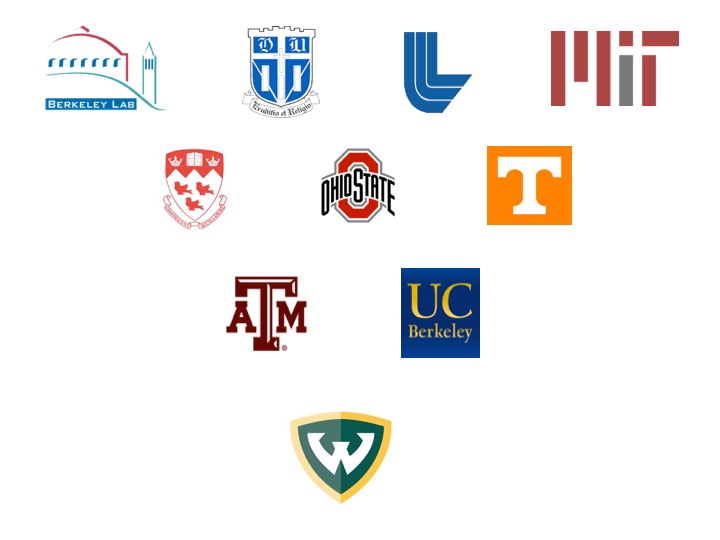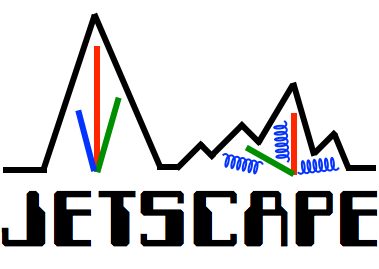Mission
Microseconds after the Big Bang, the universe was filled with an extremely hot fluid called the Quark-Gluon Plasma. As the universe expanded, this plasma cooled and condensed into the building blocks of ordinary matter around us: protons, neutrons, and atomic nuclei. Droplets of this fluid, which exists only at temperatures above 2 trillion Kelvin, are generated and studied in the laboratory today using collisions of high-energy heavy ions, at Brookhaven National Laboratory and CERN. A key method to study the Quark-Gluon Plasma is the generation of high-energy quarks and gluons in the collision, which interact with the hot plasma and emerge as “jets” of particles that are measured by experiments. These jets provide powerful tools to study the internal structure of the plasma, analogous to tomography in medical imaging. However, interpretation of jet measurements requires sophisticated numerical modeling and simulation, and comparison of theory calculations with experimental data demands advanced statistical tools. The JETSCAPE Collaboration, an interdisciplinary team of physicists, computer scientists, and statisticians, will develop a comprehensive software framework that will provide a systematic, rigorous approach to meet this challenge. Training programs, workshops, summer schools and MOOCs, will disseminate the expertise needed to modify and maintain this framework.

Development
The JETSCAPE Collaboration will develop a scalable and portable open source software package to replace a variety of existing codes. The modular integrated software framework will consist of interacting generators to simulate (i) wave functions of the incoming nuclei, (ii) viscous fluid dynamical evolution of the hot plasma, and (iii) transport and modification of jets in the plasma. Integrated advanced statistical analysis tools will provide non-expert users with quantitative methods to validate novel theoretical descriptions of jet modification, by comparison with the complete set of current experimental data. To improve the efficiency of this computationally intensive task, the collaboration will develop trainable emulators that can accurately predict experimental observables by interpolation between full model runs, and employ accelerators such as Graphics Processing Units (GPUs) for both the fluid dynamical simulations and the modification of jets. The collaboration will create this framework with a user-friendly envelope that allows for continuous modifications, updates and improvements of each of its components. The effort will serve as a template for other fields that involve complex dynamical modeling and comparison with large data sets. It will open a new era for high-precision extraction of the internal structure of the Quark-Gluon Plasma with quantifiable uncertainties.
